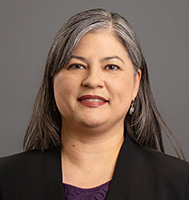Murray Katcher, MD, PhD, emeritus professor of pediatrics, retired from the Department of Pediatrics in 2012 after 35 years as both a clinician and a focused, tireless, prodigious advocate for the health and safety of children and vulnerable adults. The Katcher Lectureship features speakers who address the challenges and successes of such advocacy.
The Katcher Lectureship plays a vital role in strengthening the advocacy abilities of healthcare professionals in various areas such as patient care, research, medical education, public health, and innovation. Additionally, it contributes to providing high-quality education for all faculty, staff, and trainees in the Department of Pediatrics and beyond.
Save the date for our next lecture!
Thursday, March 12, 2026, 7:30–8:30 a.m. || HSLC* and Zoom
Nominate a speaker for the 2026 Murray Katcher Child Health Advocacy Lecture!
About Dr. Katcher
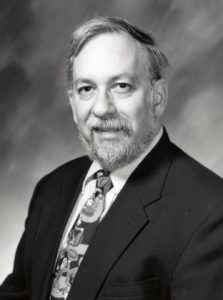
Murray Katcher, MD, PhD, emeritus professor of pediatrics, originally from Toledo, Ohio, came to Madison in 1968 as a graduate student in the Department of Chemistry, having majored in chemistry at the Massachusetts Institute of Technology (MIT), Cambridge, Massachusetts, as an undergraduate. Before coming to Madison, Katcher hitchhiked through Europe and worked for about a year in research chemistry labs, first at Oxford University (Oxford, England) and then at Owens-Illinois Tech Center in Toledo. In 1972, Katcher earned the PhD in chemistry (inorganic chemistry) at the UW, after which he entered the UW Medical School (now the UW School of Medicine and Public Health). Katcher received the MD degree in 1975 and began his pediatric residency at the UW Medical School. In 1978, Katcher was asked to join the Pediatrics Department, where he saw patients, taught, and did research for the next three decades. Katcher also held a position in the Department of Family Medicine and Practice and was the director of the UW Medical School’s MEDiC Salvation Army Clinic for over 20 years, seeing patients and teaching clinical students.
Katcher was one of four chief medical officers for the State of Wisconsin, holding the position of Wisconsin State Maternal and Child Health Director in the Department of Health Services (DHS) from 1985 to 1991, and later in the early 2000s. He served with several other community health-related organizations, health advocacy agencies, and boards. He was also a founding co-director of the Wisconsin Area Health Education Center (AHEC) system (1991-97). He has a long record of experience with community-based organizations, public health, and American Indian and Amish communities in Wisconsin.
Nationally, Katcher served on the American Academy of Pediatrics (AAP) National Committee on Injury and Poison Prevention for 10 years, including being chair for four years, during which time he co-authored more than 43 AAP injury-related policy statements published in Pediatrics, as well as the chapter on fires and burns (which contains the AAP fireworks policy) in the AAP book Injury Prevention and Control for Children and Youth, 3rd ed. He also served on the advisory board of the National SAFE KIDS Campaign, Lowe’s Home Safety Council, and the Children’s Safety Network.
In 1988, the Wisconsin chapter of the American Academy of Pediatrics (AAP) named him Pediatrician of the Year for his child injury prevention research efforts. He won the national AAP Special Achievement Award in 1989. In 2013, he won the “Recognition of Distinction” Excellence in State MCH Leadership at the Association of Maternal and Child Health Programs for making “significant contributions to promoting and protecting the health of women, children, and families.”
Katcher retired from the University of Wisconsin Department of Pediatrics in 2012 after 35 years as both a clinician and a focused, tireless advocate for the health and safety of children and vulnerable adults.
Throughout his professional career, Murray had the support of his wife, Susan, and their two children, Lilah and Aaron, as well as many mentors, colleagues, and friends.
Dr. Katcher passed away in July 2024. On February 10, 2025, a memorial resolution was presented to honor his career. Thank you to the memorial resolution committee members who prepared the memorial resolution for Dr. Katcher: Dr. Dipesh Navsaria (chair), Dr. Laura Houser, and Dr. Christine Seroogy.
Archived Lectures
This is an accordion element with a series of buttons that open and close related content panels.
2025
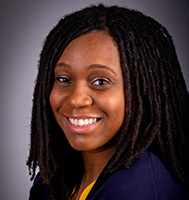
Speaker: Jasmine Zapata, MD, MPH
Presentation: A Preventive Medicine and Public Health Approach to Decreasing Infant and Maternal Mortality in Wisconsin
Dr. Zapata is an assistant professor in the Division of Neonatology and Newborn Nursery. She engages in various scholarly activities aimed at increasing diversity in medicine and promoting health equity at the University of Wisconsin School of Medicine and Public Health. Locally, she serves as the chief medical officer and state epidemiologist for community health within the Bureau of Community Health Promotion at the Wisconsin Department of Health. In this role, she provides expert guidance for public health promotion, planning, and policy efforts. Additionally, Zapata is co-chair of the Wisconsin Maternal Mortality Review Team and recently served as co-chair of the Governor’s Health Equity Council Subcommittee on power, access, and representation. Zapata’s many lived experiences help her uniquely connect with the communities she serves, and she is well known for her infectious energy, passionate advocacy, and heart for service.
In her presentation, Dr. Zapata shared her personal and professional journey on improving birth outcomes in Wisconsin. She shares her research in this area as well as recommendations from the Wisconsin Maternal Mortality Review Team, which she co-chairs, on how communities, providers, and systems can work together to improve maternal mortality.
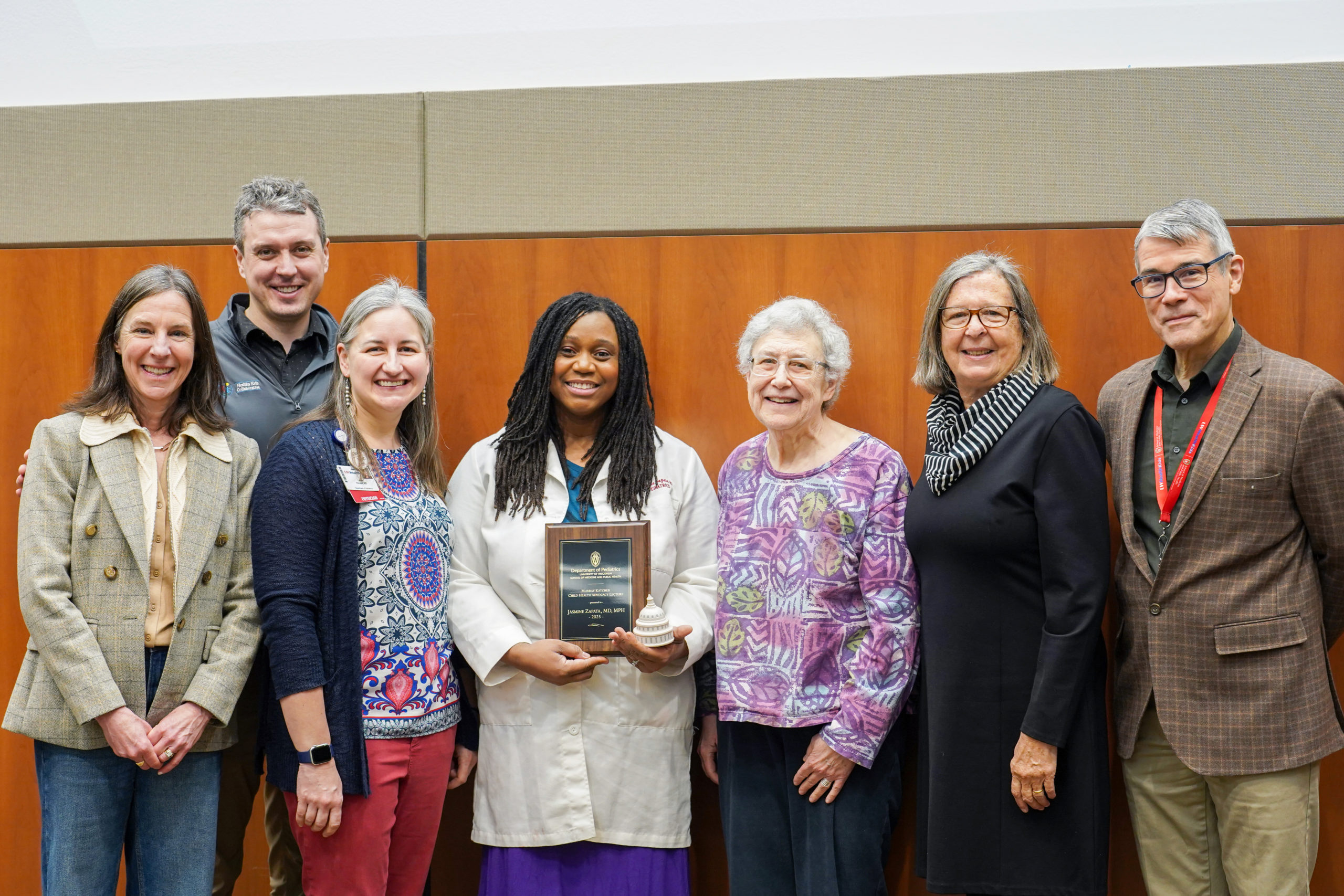
2024
Presentation: A Complex Path to Advocacy: Lessons About Disability Rights from Friends, Patients, and Mentors
Dr. Ehlenbach is associate professor in the Division of Hospital Medicine and Complex Care. She is the medical director of the Pediatric Complex Care Program and director of Diversity, Equity, and Inclusion for the Department of Pediatrics. Ehlenbach’s professional interests include optimizing the health, well-being, and experience of care for children with medical complexity. In addition, she is committed to promoting an environment of inclusion, accessibility, equity, and anti-racism within the Department of Pediatrics. She is a member of the steering committee for the University of Wisconsin–Madison chapter of the Association of American Medical Colleges (AAMC) Groups on Women in Medicine and Science and was elected to a two-year term on the University of Wisconsin Hospital and Clinics (UWHC) Medical Board in 2021. Ehlenbach was the inaugural recipient of the Paster Family Foundation Innovation award in 2018, was selected for and completed the UW Health Physician Leadership Development Program in 2019-21, and was named the initial recipient of the O’Connor Family Endowed Professorship in Pediatrics in 2021.
In 2023, Ehlenbach served as an expert witness in a court case in the U.S. District Court for the Southern District of Florida that ruled the State of Florida violates the rights of children with complex medical needs by keeping some children unnecessarily institutionalized in nursing facilities. Coverage of the ruling appeared in The Guardian and The Washington Post. Her presentation at the 2024 Katcher Lecture addressed her work in this area.
2023
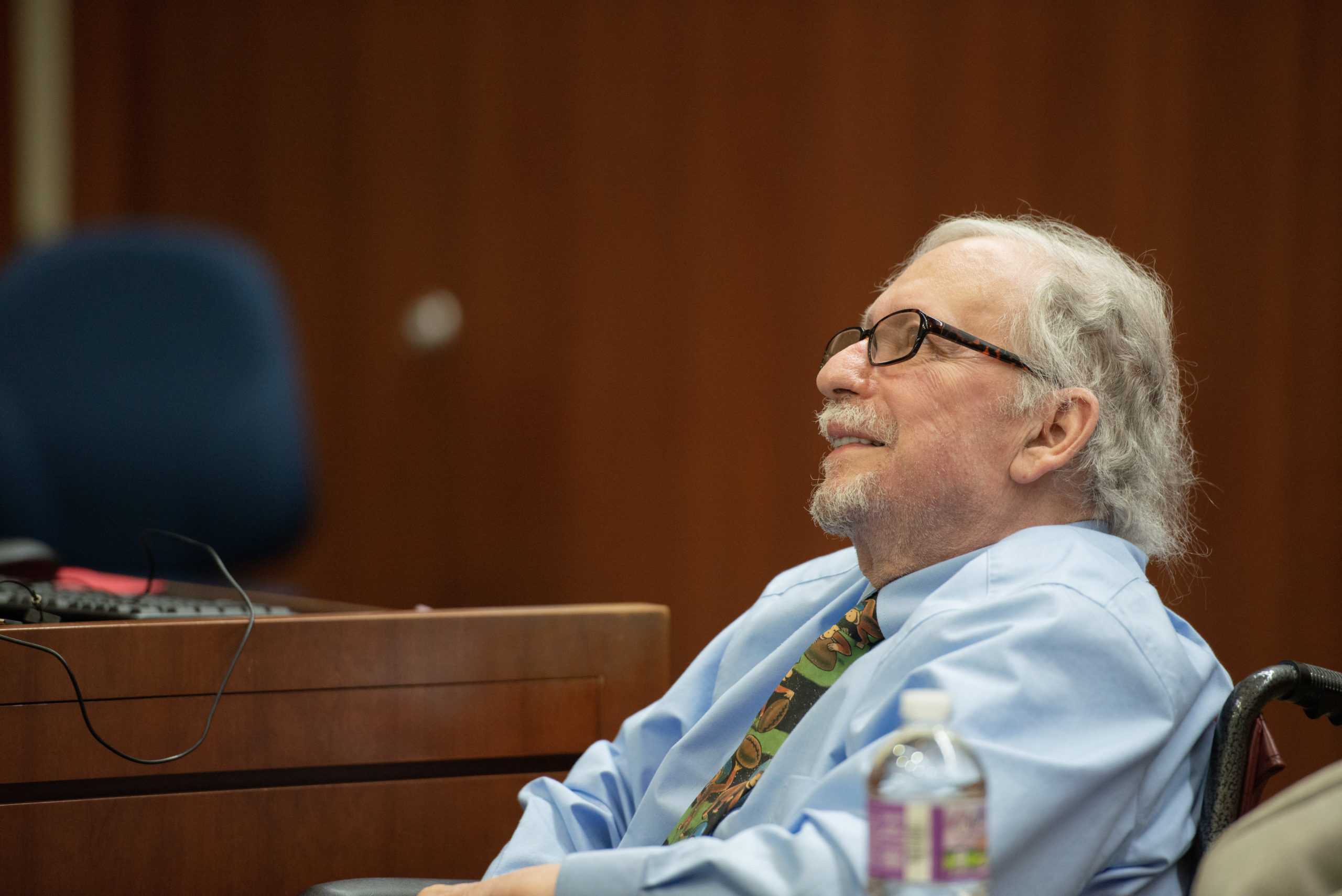
Speaker: Murray Katcher, MD, PhD, emeritus professor, Department of Pediatrics, University of Wisconsin School of Medicine and Public Health
Presentation: My Journey as a Health Advocate!
Katcher’s work has been legendary and transformative. As only one example, his decade-long effort to regulate hot water heater settings eventually changed the industry. Before Wisconsin passed a 1987 law to regulate standard water heater temperature settings, many small children and elderly people suffered third-degree burns, and some died from scalding 150-degree water — the typical setting on water heaters before Dr. Katcher’s long campaign. Water heater temperature regulation is now addressed nationwide, with a standard 120-degree setting. This is just one example of Katcher’s many efforts to reduce preventable injury of children and vulnerable adults with data, discussion, informational campaigns, and, when necessary, legislation.
Accreditation Statement
 In support of improving patient care, the University of Wisconsin – Madison ICEP is jointly accredited by the Accreditation Council for Continuing Medical Education (ACCME), the Accreditation Council for Pharmacy Education (ACPE), and the American Nurses Credentialing Center (ANCC) to provide continuing education for the healthcare team.
In support of improving patient care, the University of Wisconsin – Madison ICEP is jointly accredited by the Accreditation Council for Continuing Medical Education (ACCME), the Accreditation Council for Pharmacy Education (ACPE), and the American Nurses Credentialing Center (ANCC) to provide continuing education for the healthcare team.
Credit Designation Statements
American Medical Association (AMA)
The University of Wisconsin-Madison ICEP designates this live activity for a maximum of 1.0 AMA PRA Category 1 Credit(s)™. Physicians should claim only the credit commensurate with the extent of their participation in the activity.
American Nurses Credentialing Center (ANCC)
The University of Wisconsin–Madison ICEP designates this live activity for a maximum of 1.0 ANCC contact hour(s).
Continuing Education Units
The University of Wisconsin–Madison ICEP, as a member of the University Professional & Continuing Education Association (UPCEA), authorizes this program for 0.1 CEUs or 1.0 hour(s).
The University of Wisconsin Department of Pediatrics is committed to creating inclusive and accessible events. If you need a reasonable accommodation, please contact Reva Finkelman at rfinkelman@wisc.edu. All requests must be made at least one month prior to the event. We will attempt to implement late requests but cannot guarantee they will be met.

